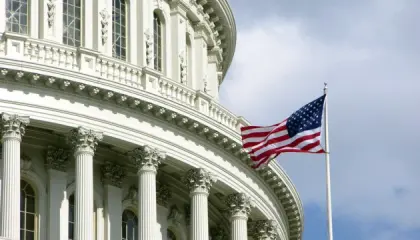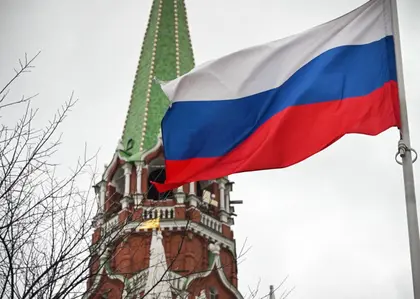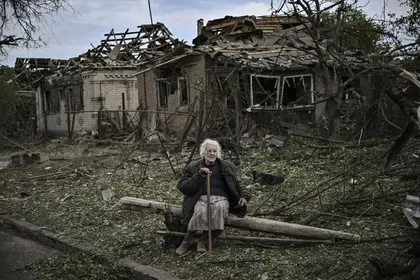Astonishingly, there are still people among us who were alive during the 1915-1920 Armenian genocide and who have since lived through the Ukrainian Holodomor, the Shoah of the Jews, the Cambodia, Darfur, and Myanmar genocides, and so on. Indeed, the past century has been a uniquely wicked one.
But one doesn’t have to be a centenarian to have seen horror on an epic scale. As an aid worker, I witnessed atrocious things in Liberia and Sierra Leone in the early 1990s, where at least a quarter of a million people perished. And in April of 1994, almost exactly 30 years ago, I had a close-up view of the1994 Rwandan genocide in which some 800,000 mainly Tutsi civilians were slaughtered, many by machete.
JOIN US ON TELEGRAM
Follow our coverage of the war on the @Kyivpost_official.
Nobility is no match for nihilism. All the international treaties, peacekeeping forces, and denunciations by human rights groups have failed to save millions of civilians.
Of course, modern history’s bumper crop of mass killings didn’t go unnoticed. People and polities put their heads together and decided that these tragedies would “never again” occur. Weighty global organizations with virtuous missions were launched, most notably the United Nations, which includes the World Court. The UN gave also us the Genocide Convention, which was endorsed by 159 nations, including some of the worst offenders.
Specialized bodies for judging war crimes were created: the International Criminal Court, the International Criminal Tribunal for the former Yugoslavia, and a similar one for Rwanda. Other courts were established, too, for places like Cambodia and Sierra Leone; and Truth and Reconciliation Commissions popped up here and there.

‘Europe Must Stand Up’ – EU Lawmakers Clash Over Trump’s Return, Musk’s Political Meddling
The global community invented the principles of “Humanitarian Protection” and the “Right to Protect” which, among other things, endorsed the use of military force to protect civilians. And each time another bloodbath ensued, grave looking world leaders would mount their podiums and solemnly pledge “never again.”
Apparently, nobility is no match for nihilism. All the international treaties, peacekeeping forces, and denunciations by human rights groups have failed to save millions of civilians in places as far flung as Ukraine, Gaza, Ethiopia, the Democratic Republic of Congo, and many more. The soil is drenched with blood from Kharkiv to Khartoum.
So what went wrong? After so many decades, have we simply grown inured to astronomical death tolls? Do we now, subconsciously, agree with the adage ascribed to Stalin that “one death is a tragedy, a million deaths a statistic”?
I think not. On the contrary, the outrage over Russia’s Ukraine invasion and Israel’s murder of thousands of Palestinian civilians seems to put the lie to the notion that we are no longer capable of empathy. Instead, it turns out that the kinds of high-minded legalistic safeguards we put in place are woefully inadequate to deal with contemporary levels of evil. The law, after all, is only as effective as its enforcement.
When we’ve cravenly declined to intervene, as was the case in Rwanda 30 years ago, the human cost was staggering.
My country, the United States of America, is often blamed for its sometimes-clumsy interventionism. Multilateralism, we are told, is far preferable to unilateralism. The notion of the USA once again taking up the mantle of the world’s policemen is treated with scorn and suspicion in parts of the world, sometimes justifiably, but also cynically by those regimes that thrive on chaos and violence. Ultimately criminals don’t like cops.
Since humanity has conclusively proven that it can’t be trusted to behave, and given the UN’s abysmal record of maintaining order, what’s the alternative? Certainly not morally bankrupt dictatorships like China or Russia.
As imperfect as it undoubtedly is, the best and only solution is a robust, confident America. The irony of entrusting the world’s safety to a nation that exterminated many of its native peoples and played a major role in the slave trade is obvious. Yet on those occasions when we have acted with both firm intent and farsighted intelligence, the outcome has often been good. Think of Bosnia, where Europe fretted in vain until Washington came calling, or Kuwait, where the world initially sat on its collective hands while Saddam Hussein invaded. The defeat of the seemingly invincible ISIS caliphate in Iraq and Syria would have been impossible without the United States.
Conversely, when we’ve cravenly declined to intervene, as was the case in Rwanda 30 years ago, the human cost was staggering.
So are we still capable of mustering the resolve and resources needed to save civilian lives in an increasingly disordered world? Stay tuned: one crucial answer to that question will be provided by the United States Congress when it reconvenes and finally turns to the question of seriously supporting Ukraine’s fight for independence.
The views expressed in this opinion article are the author’s and not necessarily those of Kyiv Post.
You can also highlight the text and press Ctrl + Enter










